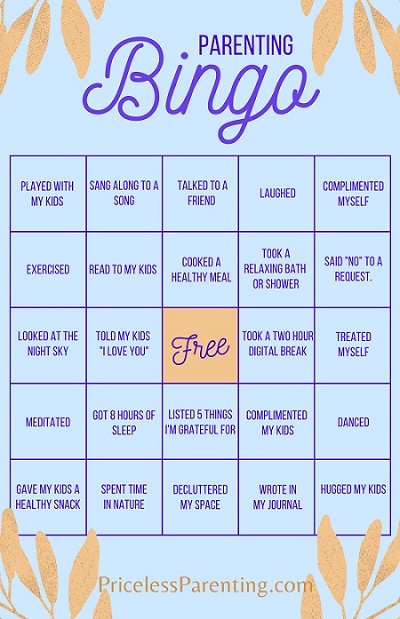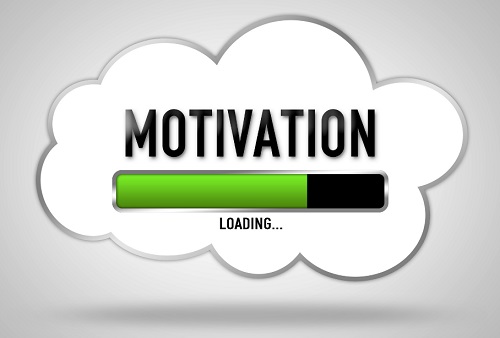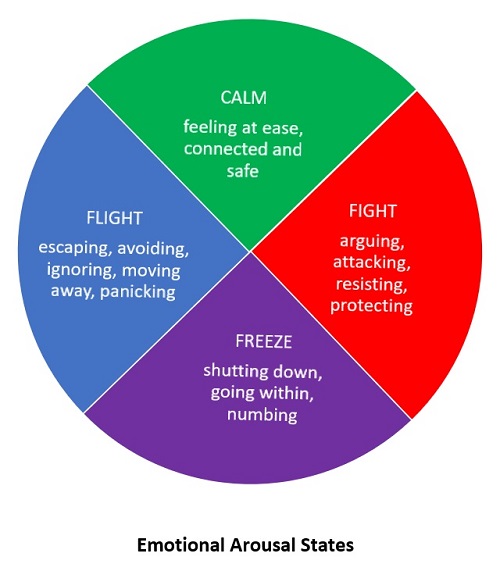Parenting can be a pleasure or a pain. If one of your goals in 2020 is making parenting less stressful and more fun, I hope you’ll join one of Priceless Parenting's classes (
ages 0 – 5,
6 – 12 or
13 – 18). The classes now include monthly group coaching calls so you can get your specific questions answered.
Parents who’ve taken Priceless Parenting’s classes report positive changes in their families. Here are a few
parent comments about the classes:
"I'm in awe of how well the course is assembled. It was far above my expectations and learned more than I ever realized I would as a parent of 5 kids and been parenting for many years. I never imagined a simple course like this could teach me how wrong my approach to parenting using discipline and anger or frustration has been. It has been a long time since I have laughed and cried at what I have done wrong or right as a parent. I realize a whole new world of positive parenting and guiding my children with options and empathy using patience and love for my children as well as myself." - John Bramlett, Enumclaw, WA
"This parenting class was extremely informative and interesting. I found it easy to understand, and I loved the real-life examples included. I'd recommend this course to anyone. It's truly been helpful to myself and my family!" - Amanda Mullins, Defiance, OH
"It is wonderfully made - very informative and educational. Definitely showed me where my weaknesses are and how to change them to invite a more positive response. The constant struggle caused frustration only to see both of us stressed and frustrated. I like the self-paced program for those of us who do not work a normal set work schedule. It fits in better than weekly in person meetings that are hard to make. Definitely worth the time and money to learn how to communicate and listen to your child while setting clear boundaries." - Brandon Krogh, Newman, CA
If you have any questions about the parenting classes, please
email support or call 425-770-1629.










